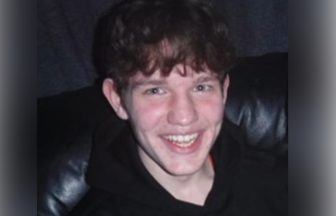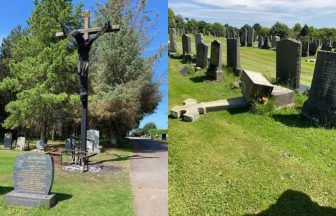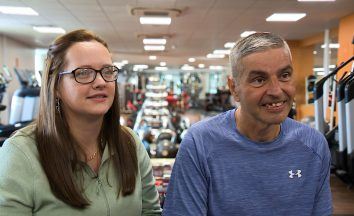Two teenagers with a history of sexual exploitation may not have received appropriate support from protective care services before they died, reports revealed.
Two Significant Case Reviews (SCRs) – one from the Adult Protection Committee (APC) and another from the Child Protection Committee (CPC) – considered the tragic deaths of two vulnerable youngsters in the Angus Council area.
Both noted there were failures in developing a coordinated and organised plan amongst care agencies for an 18-year-old (O18), who died of a drug overdose in 2018, and a 17-year-old (Isabelle), who took her own life in 2017.
Names were changed in both reviews to protect the individuals’ identity.
The reports by the independent reviewers hope to inform the system of protective care on both a local and national level.
In the APC review, it stated: “Young people in Angus could be more vulnerable within the system we have created for them.”
Isabelle, who had autism, felt she was being “punished” by protection services for her disorder and she was “very aware” of the struggles agencies had in finding someone to care for her.
There is currently no shared information system amongst all care agencies to deal with protected individuals with complex needs in Angus.
This meant that, at times, agencies could not handle care “appropriately” or “effectively’’ which left Isabelle being placed in six different housing units across two years.
Isabelle’s condition was “somewhat lost” in the ongoing planning for her protective care and there was “significant inconsistency” in the understanding of her autism.
She ran away from her last home in September 2017. She was found dead a week later.
Alison Todd, independent chair of Angus’ Child Protection Committee, commented there were many good practices highlighted, but the report indicated improvements were needed.
She said: “The review highlights there was significant inconsistency in the extent to which Isabelle’s diagnosis of autism was accepted, understood and considered.
“There is a lack of appropriate alternative resources where young people with complex and presenting needs, including mental health, can receive intensive intervention and support and remain safe.
“This is an issue that is relevant for child protection across Scotland and an area where we can and must do better.”
Angus CPC is working with Tayside Regional Improvement Collaborative to develop a Tayside Mental Health Strategy for children and young people.
For O18, who had ADHD, there were “significant gaps in information known to the core professionals” looking after them.
O18 was considered “not at risk” during an Early Screening Group a month before their death, which caused confusion for staff and meant their needs were not appropriately met.
One worker involved noted shortly after that “it was as plain as the nose on your face [O18] was an adult at risk”.
The two individuals had a history of sexual exploitation, which was not appropriately considered alongside their mental health conditions due to the lack of shared information.
Both reviews recommended an investigation into current care structures with agencies such as the local authority, health and social care partnership, housing and third sectors to create more integrated planning and fully support at-risk individuals with complex needs.
Ewen West, independent chair of the Adult Protection Committee, said: “It is imperative that our focus is on making vulnerable adults safe in Angus.
“No single agency is responsible for the harm that happened to O18 that resulted in their death and there is no one identifiable action that would have changed matters.
“It is vital that, in their time of need, anyone can access the appropriate services and support.”
By Local Democracy Reporter Hannah Brown
Follow STV News on WhatsApp
Scan the QR code on your mobile device for all the latest news from around the country























